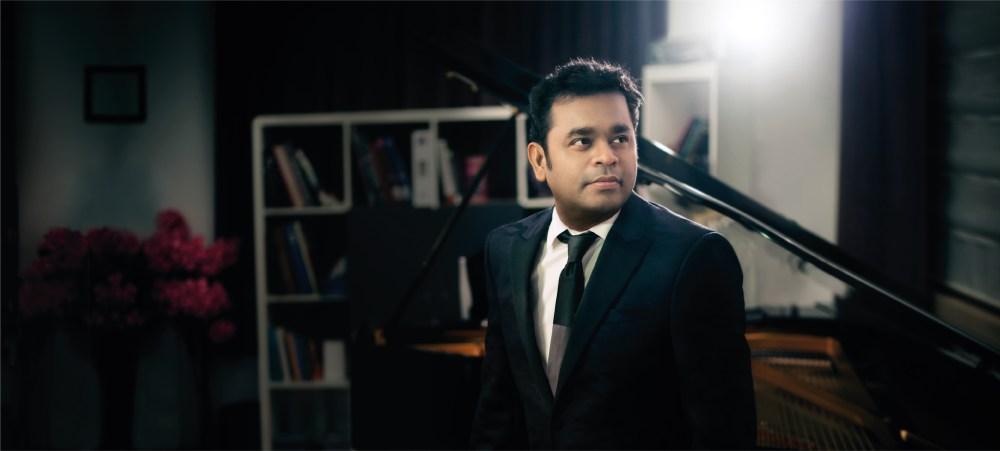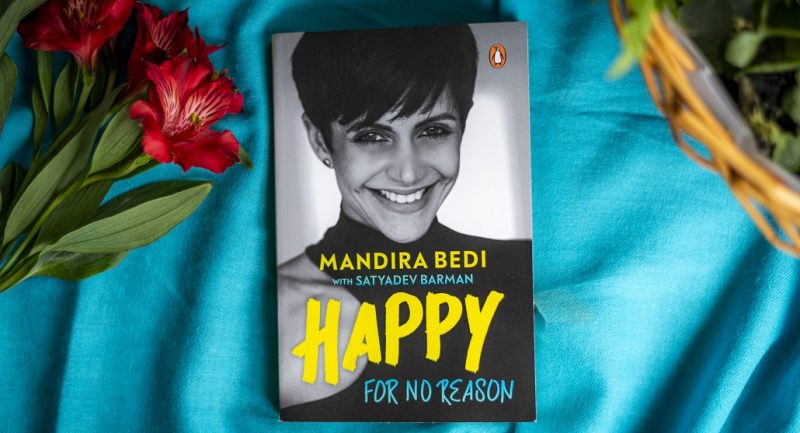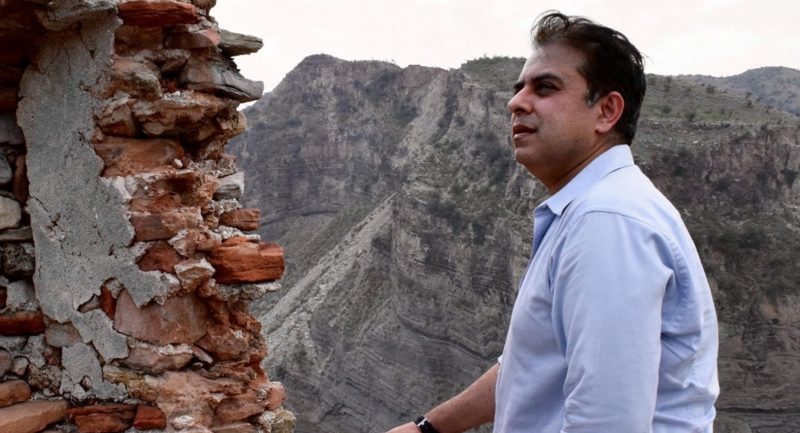
Who really is A.R. Rahman? We know his music. We know him as a nation’s pride, winner of multiple national film awards, Oscars and Grammys. But what about the man? In this intimate biography, Notes of a Dream, by Krishna Trilok, Rahman opens up about his life like never before.
Here are seven interesting facts you didn’t know about A.R. Rahman: the man behind the music, and the music that made the man:
‘A.R. Rahman is obsessed with all things tech, and one look around his hall is enough for someone to get the idea. Even the creamy curtains covering the windows are automated. And there are numerous laptops, tablets and other devices, including at least one virtual reality headset and a drone, strewn across the room. As there are in all his studios.’
‘He’s a man interested in a million things. He’s very aware of what’s happening in the world, right from politics to warfare. He goes on to the Net and gets information all the time. He’s interested in visual media; cameras, drones and all that. He knows more about these than most directors even.’
‘He wants to produce films. To guide films. He has so many stories written. He is looking at media as a whole. He is extending his talent beyond music.’
‘His father, R.K. Shekhar, was also a very talented musical pioneer. Rajagopala Kulashekhara Shekhar was born on 7 November 1933. Shekhar’s own father, K. Rajagopal, was a school dropout who became an electrician and part-timed as a bhagavathar, composing and singing Hindu religious songs. Shekhar inherited the musical talent. He learnt to play the harmonium from a paternal uncle and eventually mastered the instrument. He went on to play at Carnatic concerts in the halls of Mylapore in Chennai, the stronghold of Carnatic music. Shekhar was eventually picked up by a famous drama troupe named R.S. Manohar. He was the first person to introduce electronic music instruments – which he brought in from abroad, Singapore mainly – to South Indian music.’
‘A.R. and his family did not convert from Hinduism to Islam until long after Shekhar’s death. Only towards the end of the 1980s, shortly before the advent of Roja, did AR and his mother and sisters turn to Islam as a source of hope, faith and guidance. Their relating to the religion, however, definitely began with Shekhar’s death and the hard days leading up to it.’
‘As a child, AR did receive some formal musical training. A man named Joseph used to teach him and his sister how to play the guitar. And AR also started learning Indian classical music from Nithyanandam and from Dakshinamoorthy, the man who “discovered” his father. He also learnt Western music from Dhanraj, who had taught some of the biggest names in Chennai’s film music scene, including Shekhar.’
‘Whenever he got some time to himself, AR would jam with other musicians he had met at recording sessions or came to be acquainted with socially: John Antony, Sivamani Anandan, (the late) Jojo and many others. They were the closest things he had to friends. With them, he could channel all his creative energy and actually make music. At recording sessions, he was just playing the notes someone else had conceived.’
From his early days as a composer of advertisement jingles to his first big break in feature films, Notes of a Dream captures Rahman’s extraordinary success story with all the rhythm and melody, the highs and lows, of a terrific soundtrack by the man himself.









